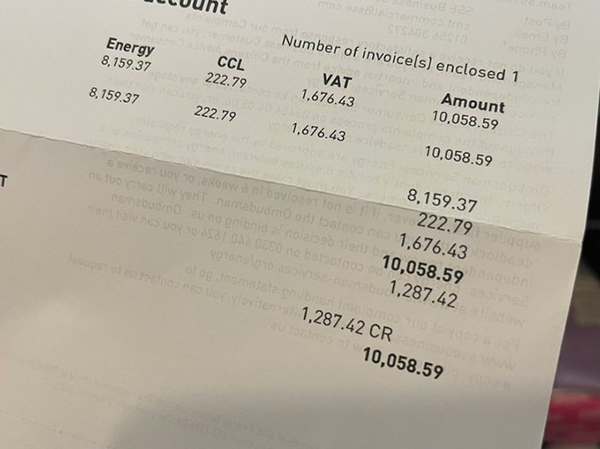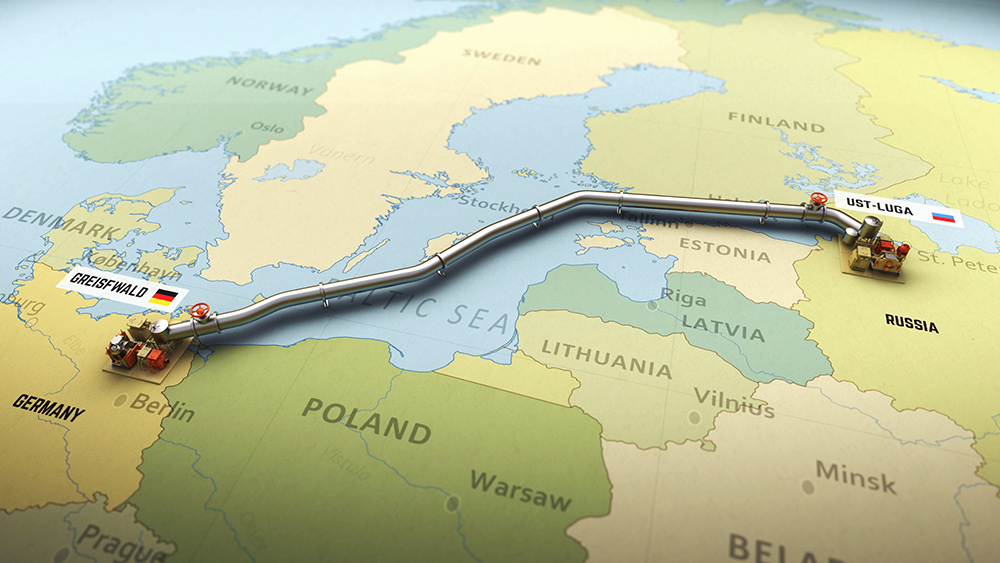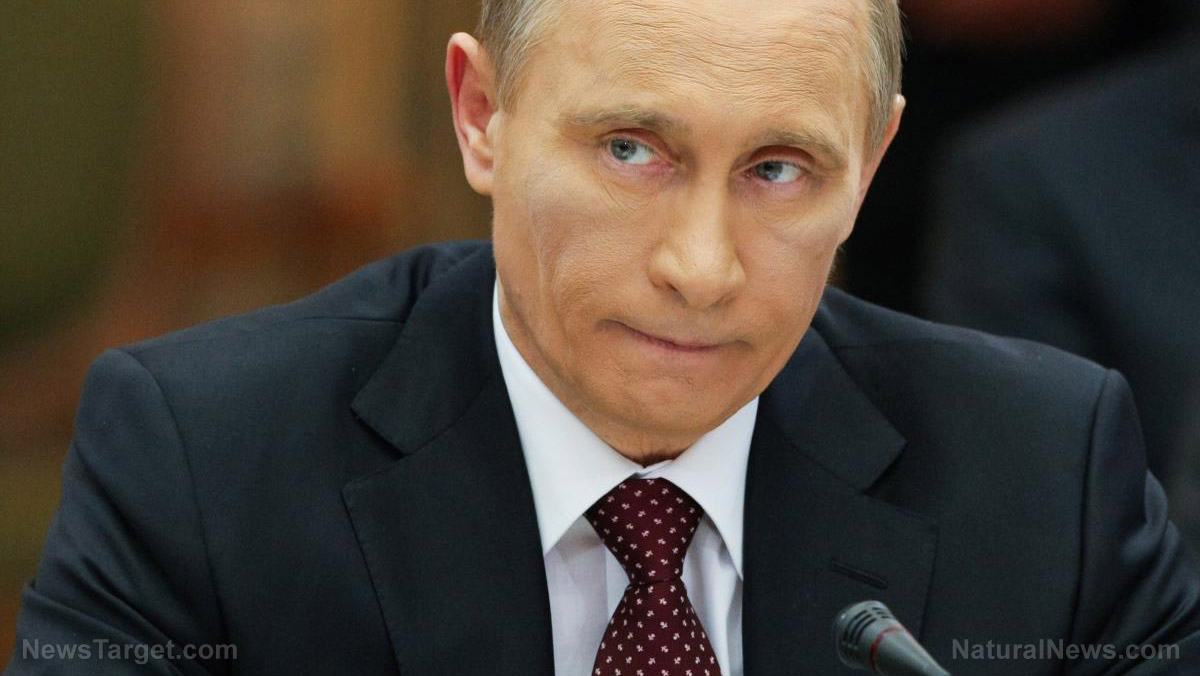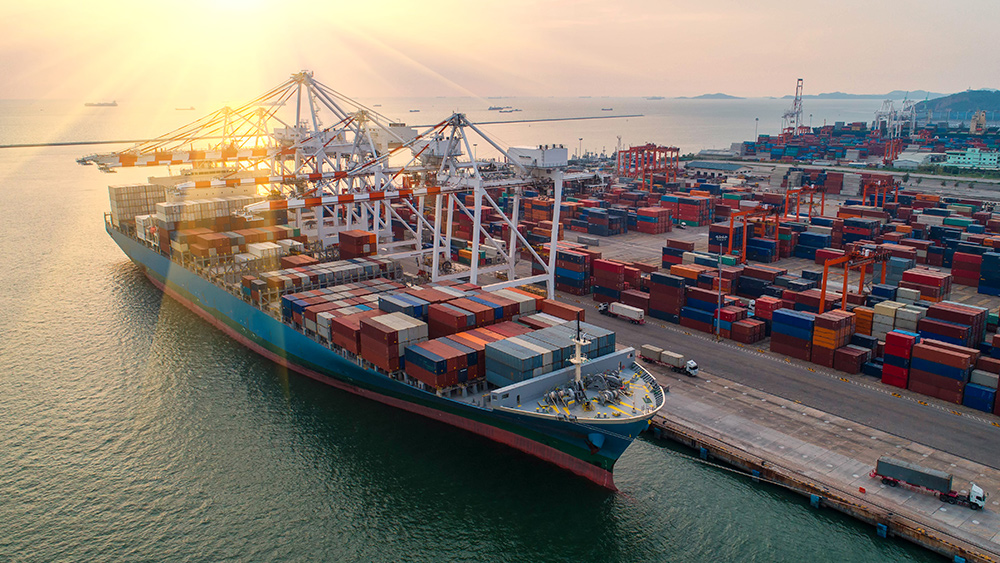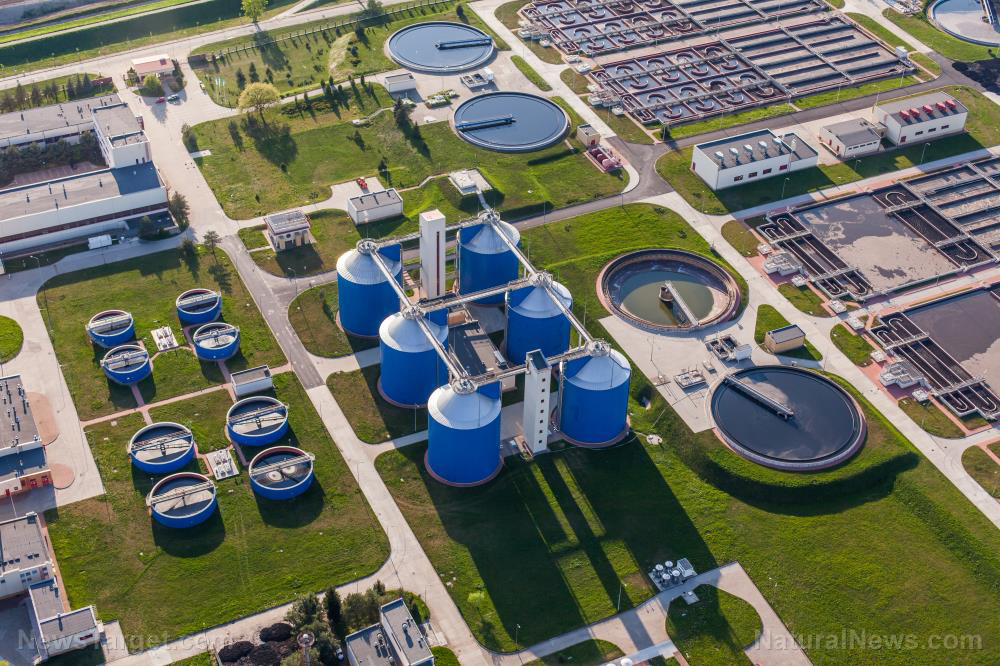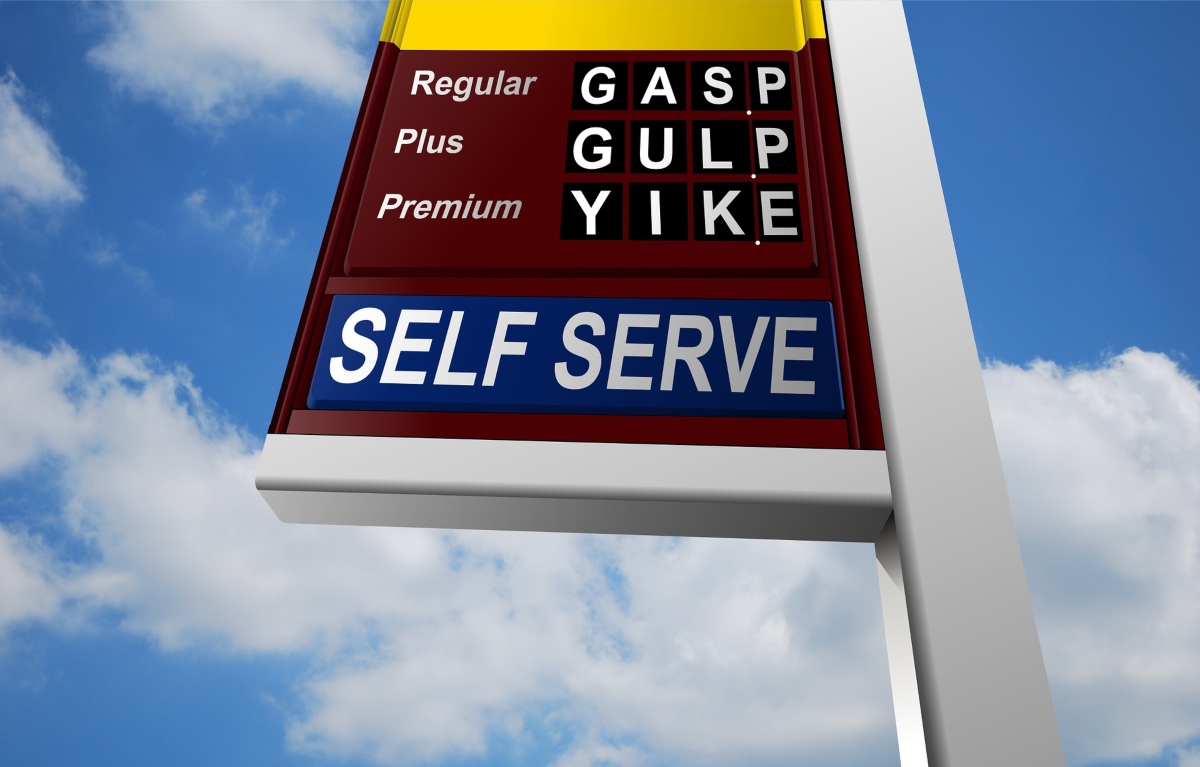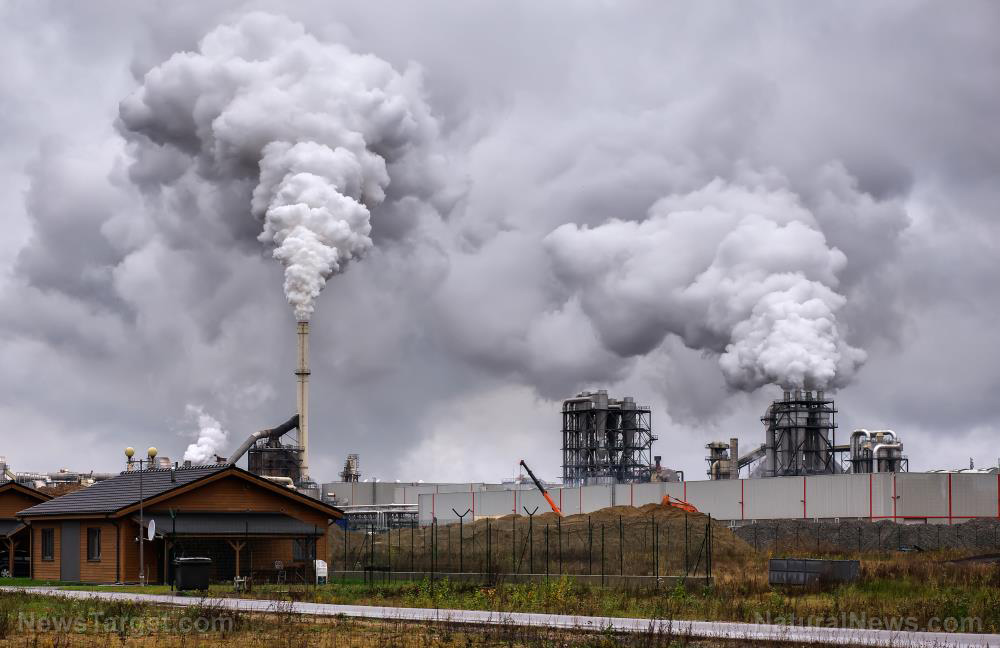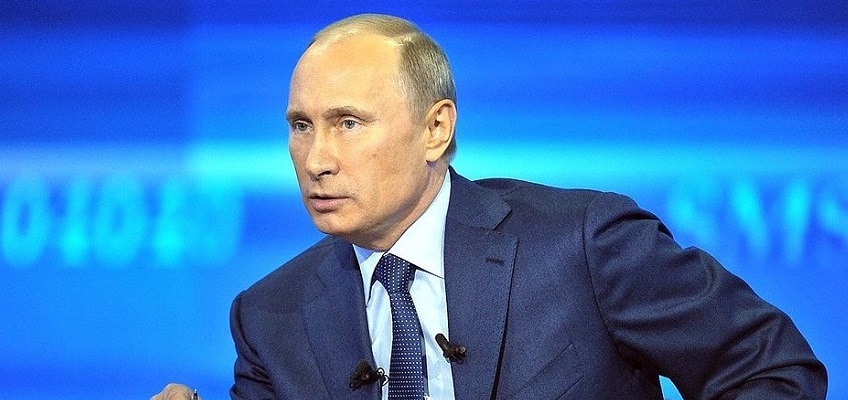Citi says apocalyptic hyperinflation is coming, Germany’s central bank agrees
08/25/2022 / By Ethan Huff

For the first time in nearly 50 years, Great Britain’s inflation rate is expected spike beyond 18 percent, according to a dire new report from Citi.
Benjamin Nabarro, the chief UK economist at Citi, told clients at the start of the week that the bank expects CPI inflation to reach 18.6 percent by January, in part due to soaring electricity and natural gas costs. (Related: The UK’s hyperinflationary track started to really become noticeable last year.)
“Our latest estimate, updated for the further 25 percent and 7 percent rally in UK gas and electricity prices last week, points to a further upside shift in UK inflation,” Nabarro said.
“Accounting for these developments, as well as updating our own weights for CPI / RPI and honing our own accounting for curve backwardation, we now expect CPI inflation to peak at over 18 percent in January. RPI inflation, we think, will peak at over 20 percent.”
The last time things were this apocalyptic was back in 1976 when an “oil supply shock” sent energy prices to the stratosphere amid stagflation conditions. Currently CPI sits at 10.1 percent, which is already the highest rate in four decades.
Households are struggling to make ends meet as energy and food prices soar. Cost of living overall is through the roof, and the UK Misery Index is now at its highest level since the early 1990s.
Is this the end of the West?
In protest of the situation, more than 100,000 people in the UK have signed on to a movement that will collectively stop paying energy bills come October 1. The goal is to gain 1.7 million followers to really make an impact.
“On our own we’re weak, but collectively we are unstoppable,” tweeted Don’t Pay UK. “We just need to find each other and do this together.”
Like the impending railroad strike here in the United States, workers across the pond are also bowing out of work due to poor working conditions and low wages that are feeling ever-lower the more expensive things get.
The UK’s largest containerized port is on the verge of shutting down completely as employees walk off the job with demands for better pay and better working conditions.
The Bank of England, which is the UK’s equivalent of the Federal Reserve private central bank, could raise interest rates to 6 or even 7 percent “should signs of more embedded inflation emerge,” Nabarro says.
“The risks remain skewed to the upside,” he added.
BOE recently predicted that inflation numbers will reach about 13 percent by the end of the year, while rate traders are expecting interest rates to top out at round 3.5 percent. Time will tell how accurate these numbers end up being.
England may also introduce a support package through tax cuts next month as part of an emergency budget. If inflation continues as Citi expects, qualify of life in the UK will plummet to third-word status, sparking riots and violence.
The situation is even worse in Germany where inflation is expected to exceed 10 percent come fall. This would mark the highest inflation rate for the country in 70 years.
“The issue of inflation will not go away in 2023,” says Nagel. “Supply bottlenecks and geopolitical tensions are likely to continue. As the energy crisis deepens, a recession appears likely next winter.”
Next winter? Let us see if the West even makes it past this one before moving beyond to the next one.
If you live in the United States, you might be thinking: that is all happening across the pond – it will not affect me. Do not be so sure.
If this story piqued your interest, you will find more like it at Collapse.news.
Sources for this article include:
Submit a correction >>
Tagged Under:
central banking, Citi, Collapse, economy, fiat, food inflation, food supply, fuel shortage, fuel supply, Germany, hunger, hyperinflation, inflation, market crash, money supply, pensions, power, rationing, risk, scarcity, supply chain, supply chain warning, worker protests
This article may contain statements that reflect the opinion of the author
RECENT NEWS & ARTICLES
COPYRIGHT © 2017 POWER NEWS

